Politicians play migration policy whack-a-mole
Painting surging immigration as migrants ‘stealing our housing’ overlooks the role immigrants have played in keeping this country out of recession.
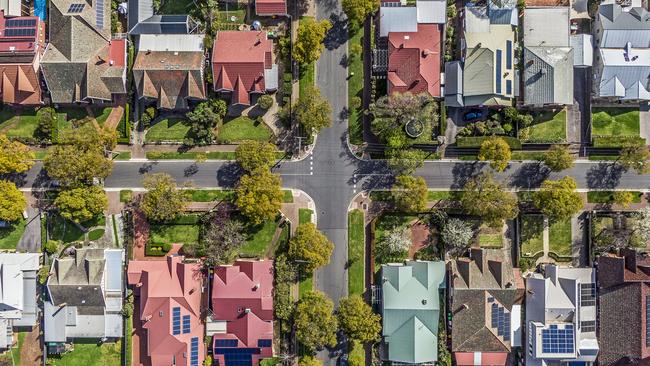
Politicians like to crow about Australia’s supposedly robust economic growth. The only hiccup came during the pandemic. Other than that brief recession, we have enjoyed decades of uninterrupted economic growth unmatched in the developed world. But it is growth built on the back of high immigration numbers.
Last financial year more than 500,000 people migrated to our shores. The next five years are predicted to bring a further 1.5 million migrants here, and that’s after the government applies the handbrake. Australia is already in a per capita recession. If it weren’t for sky-high migration rates we’d be in a technical recession, too.
Treasurers always like migration because it feeds their budgets, helping with a higher tax take, artificially elevating national economic growth figures. But there is a clear housing crisis the politicians need to appear to be actively addressing. It has become more important than spruiking a surplus.
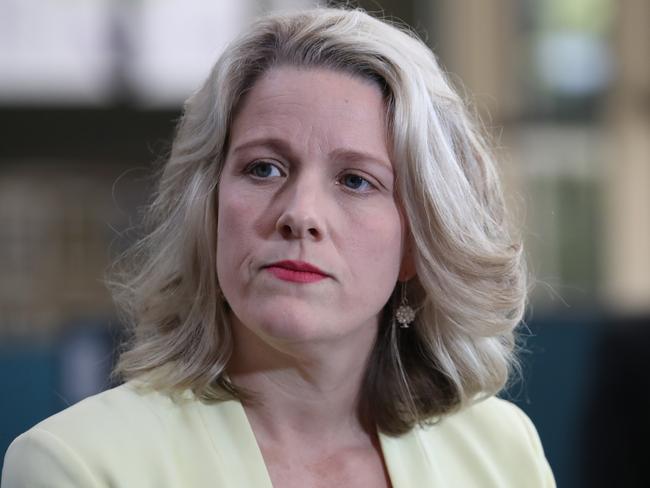
The simple link between inadequate housing supply and growing demand courtesy of immigration is testing the resolve of Team Labor MPs who support a big Australia. It is also a test for the party’s Left, which is uncomfortable being associated with cutting immigration lest doing so be seen as a reactionary (even xenophobic) play. Home Affairs Minister Clare O’Neil is already pushing the line that tougher English language testing will help lower immigration rates in the coming year.
Nobody seems to want to accept that a significant part of the so-called housing crisis – in terms of limited availability – is planning restrictions at state level. Renovating or building a home isn’t easy. The red tape is getting only worse. Admirably, NSW Premier Chris Minns is trying to tackle this, but so far with only limited success.
Developing new housing supplies also is stifled by the NIMBY attitude of councils, environmental barriers and the growing costs of building in high inflationary times. If the government wants to paint migrants as “stealing our housing” to solve one political problem, it needs to find a way to solve the other problems that curbing migration causes, including labour shortages in the building sector.
For years federal governments have outsourced the funding of our higher education sector, relying on full-fee-paying international students to subsidise domestic enrolments. Overseas intakes have spiked, new degrees have been rolled out and the affluent middle classes in developing countries have shipped their children here to take advantage of Australia’s comparatively excellent world university rankings within our region.
But cutting immigration to solve the housing crisis – as well as stay ahead of a potential unemployment crisis that also would be blamed on migrants if the economy stalls further – will result in fewer international students funding our higher education needs. The alluring policy trick that helps generate overseas interest in studying in Australia is the promise of residency and citizenship on completion.
To make up the financial shortfall of cutting international student numbers, universities will need more government support. But that will hit the budget bottom line at the same time Treasury is receiving reduced tax collections because of a smaller immigrant workforce.

It is a political catch-22 that gets more complicated when pulling reactionary policy levers – using piecemeal fixes to solve problems (well, sort of), only to create other problems. A classic policymaking example of whack-a-mole.
No wonder a political class that can’t agree on much is united in its desire to shift from three to four-year parliamentary terms. Our political leaders are that desperate to put a little bit more distance between their time governing and when they are next held accountable by voters.
In the meantime, efforts to stimulate housing development – including the government building small numbers of low-cost housing, and stage three tax cuts redistributed to lower and middle-income earners – have inflationary consequences right when high interest rates are putting upward pressure on rents and house prices.
More money in the pockets of people who will spend it is a short-term sugar hit that risks elongating the inflationary problem the handouts are designed to address. There really are no easy solutions here and all the goodwill in the world doesn’t guarantee well-intentioned policymakers won’t make a bad situation worse. Talk of a wage-price spiral is growing among economists as they read about new wage deals being struck by unions on behalf of workforces.
Conversely, if interest rates do come down faster than expected, it will be only because the economy has slowed and unemployment has moved north, and the Reserve Bank is doing what it can on the monetary policy front to bring a half-dead economy back to life. At which time just watch as the same people frantically cutting immigration start arguing that we must increase it to help spark the economy back to life. It could be a tough argument to run if the housing crisis still exists (which it will), also knowing that new citizens are (understandably) disproportionately dependent on welfare when they first arrive.
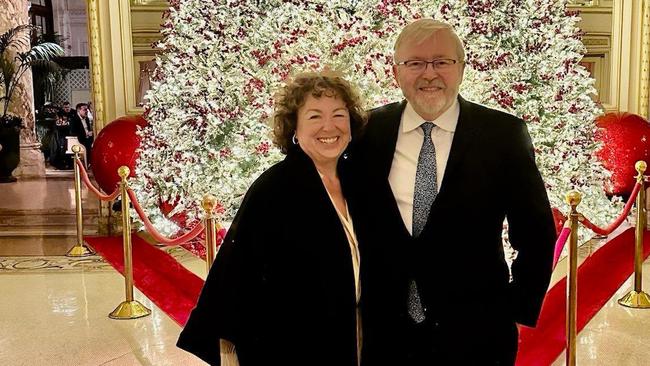
On an entirely different topic, Donald Trump’s assessment this week that Kevin Rudd is “not the brightest bulb” was mild invective by Trump’s standards. It’s also fake news, in so far as whatever Rudd’s limitations (where do we start?) a dim wit isn’t one of them.
The more serious point is whether Rudd’s tenure as ambassador to the US is untenable if Trump wins back the presidency. The Trump attack was retaliatory, for tweets that Rudd posted years ago calling Trump “the most destructive president in history”, “a traitor to the West” and “nuts”. Silly (if accurate) stuff from a former prime minister who for years had been lining himself up for a foreign posting – but who back then thought a Trump comeback seriously was on the cards?
The opposition criticisms forget that before becoming treasurer Josh Frydenberg labelled Trump a “dropkick”, walking back his assessment after Trump’s unexpected win in 2016. Nevertheless, Peter Dutton is right when he says “Mr Rudd needs to repair the relationship”, if in fact repair work is even possible. But let’s keep perspective when observing this sideshow. A Trump comeback has many far more serious consequences for Australia than making Rudd’s job in Washington a little awkward.
What it means for the alliance and trade are the serious issues to worry about. But it is also true that Rudd should probably quietly move on if Trump does the unthinkable and wins a second term. Surely Rudd would want to anyway, rather than be forced to pander to someone he clearly detests.
Peter van Onselen is Winthrop professor of politics and public policy at the University of Western Australia.




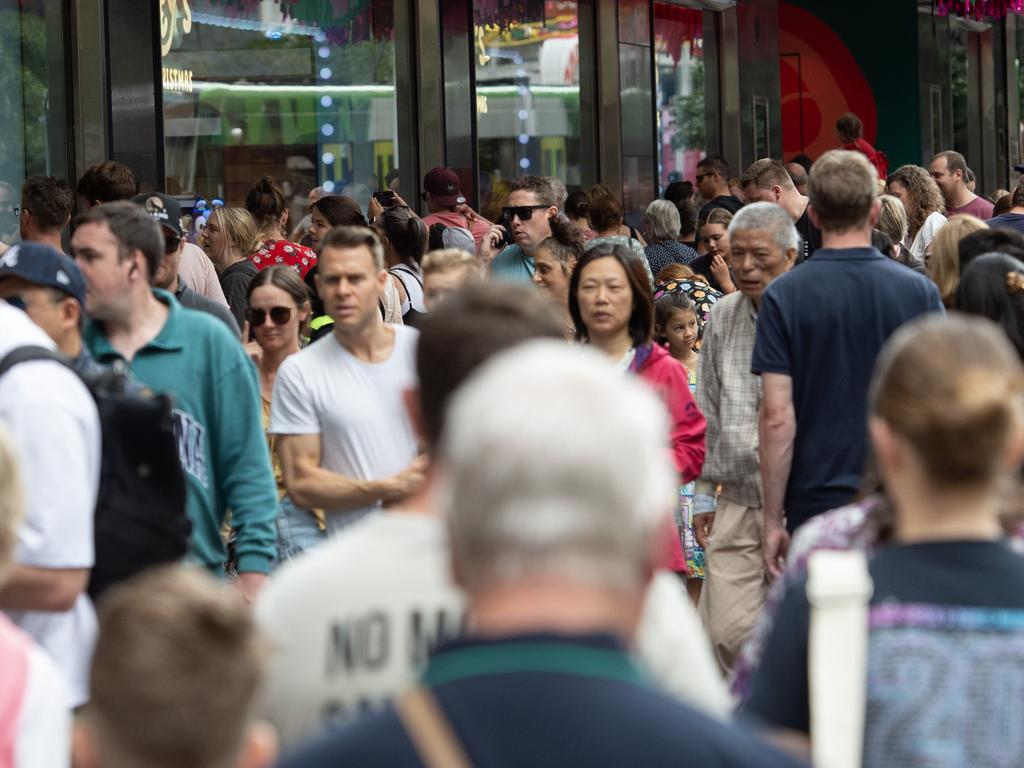
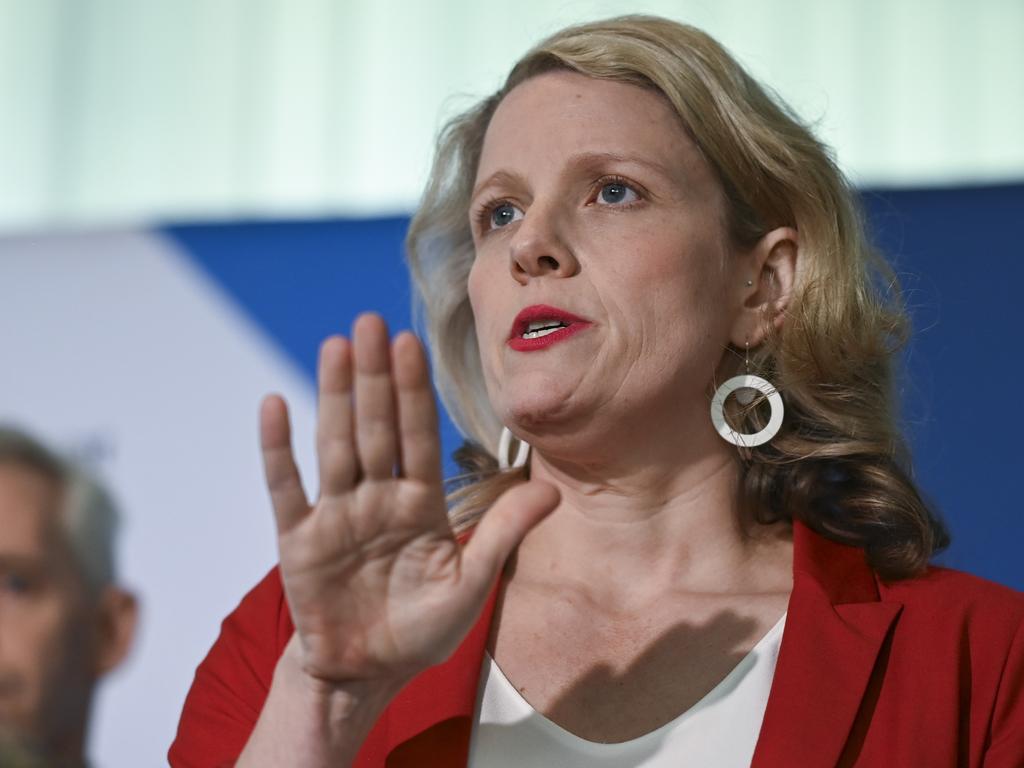


The tangled web that has long propped up Australia’s prosperity is beginning to fray. The contradictions are becoming too numerous to contain.